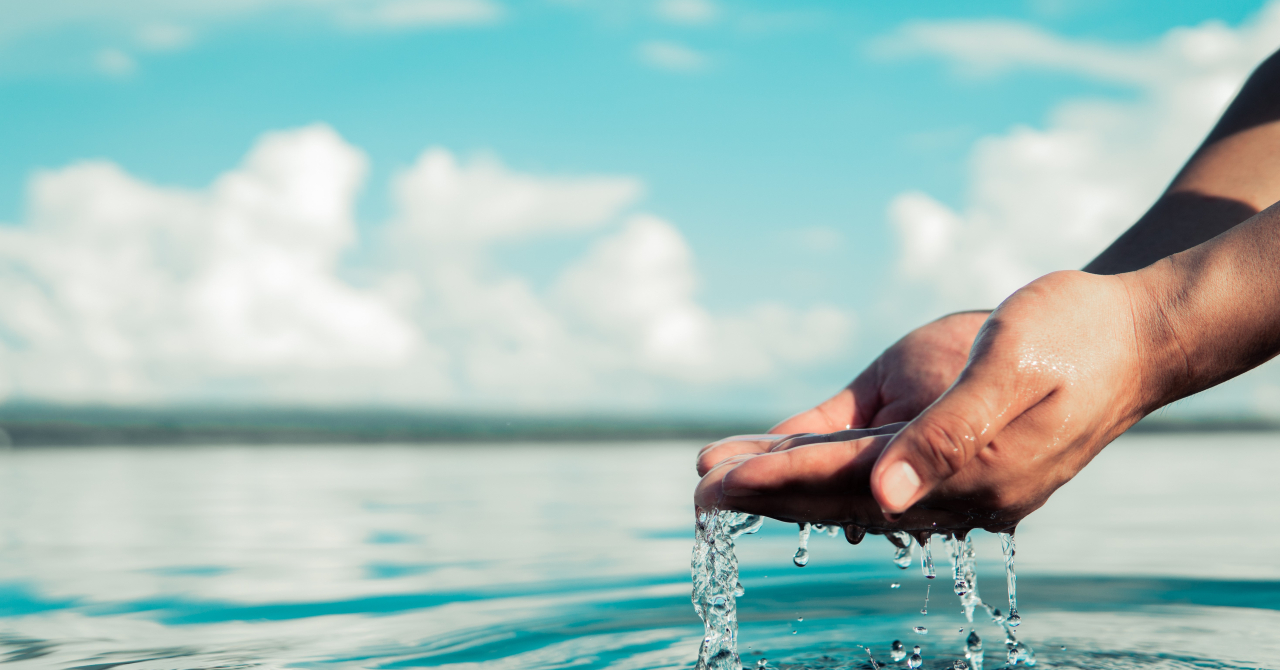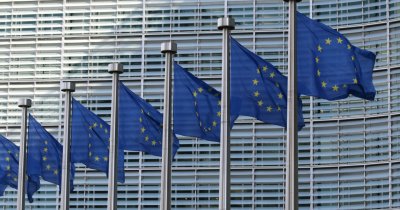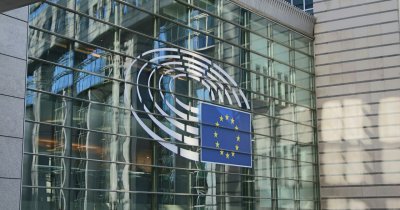Suzuki is constantly seeking to develop innovative solutions to environmental problems and is committed to taking responsible action against the challenges of plastic waste in the marine environment. Thus, the Suzuki "Clean Ocean" project stands out as a revolutionary initiative.
Suzuki and its commitment to clean oceans: a brief history of the company's environmental commitments
In an automotive industry marked by uncertainty and significant change, Suzuki aims to become a leading company for people and society by focusing on its structural transformation, reducing risks and building a better future.
One of the main directions of structural transformation is streamlining operations, improving corporate culture and developing human resources. The company wants to promote deep communication among employees, create a dynamic organization and an ambitious corporate culture. Suzuki also pays special attention to diversity within the company so that workplaces are comfortable and productive for everyone.
With a strong focus on carbon neutrality, Suzuki is committed to bringing sustainable solutions to the market, such as electric vehicles and carbon footprint reduction technologies. In India, Suzuki's largest market, the company is planning to refine biogas from cow dung to produce carbon-neutral fuels for vehicles.
Tochihiro Suzuki, the company's representative director and president, says:
Once again, I believe that the ideal profile of Suzuki for the future is to become a lifestyle infrastructure company that makes people happy and healthy and revitalizes the economy by resolving the daily mobility issues of numerous people through efforts such as the construction of infrastructure and the introduction of next-generation mobility services. As we pursue sustained growth in our corporate value, we will also work diligently toward carbon neutrality and the realization of a sustainable society.
Suzuki's Clean Ocean Project: objectives and importance
The issue of plastic pollution of the oceans has become a major global concern in the last few years. Suzuki Motor Corporation, a major actor in the automotive and marine industries, has not remained indifferent to this problem. Since 2010, the company has initiated the "Clean-Up the World" campaign to contribute to a cleaner and healthier marine environment. Globally, this campaign involved more than 15,000 people actively collecting plastic waste from the oceans.
As an extension of its efforts to protect the marine environment, Suzuki has launched "Project Clean Ocean". This project continues the clean-up campaigns, but also seeks to develop technical solutions to the problem of plastic waste in the marine environment. Through this initiative, Suzuki aims to raise awareness of environmental issues and address the problem globally.
About microplastics identification technology
To protect the marine environment and promote the "Clean Ocean Project," Suzuki Motor Corporation has signed a joint research agreement with Shizuoka University to develop microplastic identification technology. This collaboration has the potential to revolutionize efforts to combat plastic pollution in the oceans.
As part of the project, Suzuki has developed a microplastic collection device (MPC) that can be installed on outboard engines. This device has been introduced as standard equipment on certain models from July 2022. The MPC has been designed to collect microplastics without affecting engine performance and without harming the environment. In addition to microplastics, the device can also collect other materials such as sand, wood debris and microscopic marine organisms. However, identifying these materials usually requires experience and manual effort.
To solve this problem, Shizuoka University has developed an amazing technology through a joint research agreement with Suzuki: using the adhesion and colouring properties of proteins in the process of identifying microplastics. Specifically, the proteins attach to plastics and colour them according to the type of plastic. This method allows accurate and rapid identification of plastics and their types.
With this innovative technology, it is expected that, in the future, customers using MPC-equipped outboard engines will be able to keep track of the amount and types of plastics collected through image recognition.
Shuichi Mishima, Executive General Manager of Marine Operations, points out:
Through this joint research with Shizuoka University, we wish to acquire microplastic identification technology to support customers' interest and efforts to protect the marine environment, and to contribute to the improvement of the marine environment.
How the outboard microplastic collector works
The working principle of the microplastic collector developed by Suzuki is based on an ingenious but simple idea. Boat outboard engines pump a significant amount of water to cool the engine. This water, which often contains microplastic particles, is then returned to the ocean. Suzuki has developed a device that attaches to the outboard engine and uses this cooling water to collect the microplastic before the water is returned into the marine environment. The process requires no extra effort on the part of the user, making this device a practical and easy-to-use solution for reducing plastic pollution in the marine environment.
After analysis of the sample collected by the MPC monitoring test, microplastics were found in all samples from around the globe, including acrylic, cellophane, epoxy, nylon, PET, polypropylene, polyethylene, polyethylene, urethane and vinyl ester.
The environmental impact is significant. Microplastics are one of the biggest marine pollution problems globally. By efficiently collecting and disposing of this type of waste, Suzuki is helping to protect marine ecosystems and maintain healthy oceans.
Reducing plastic packaging
Plastics are a growing problem for the environment and Suzuki is taking responsibility to contribute also to this cause. The company has started by focusing on the packaging of its own products. Since June 2020, Suzuki has adopted alternative packaging materials for some of its products as part of its effort to reduce the amount of plastic used.
In addition, Suzuki has begun replacing plastic packaging materials with paper for some of its original marine parts. This change, which began in September 2020, is a second significant measure in the company's effort to reduce plastic waste. This initiative could reduce approximately 2.3 tons of plastic each year.
The Suzuki Marine Team is working with partners and boat users around the world to promote the Suzuki Clean Ocean project. The results of these efforts have been significant. Suzuki has been able to reduce over 42 tons of plastics.
Suzuki Romania strongly embraces the company's global commitment to protecting the environment and reducing the impact on ecosystems. Thus, Suzuki Romania not only delivers high quality vehicles, but also takes responsibility for their impact on the planet, supporting its customers to commit to the same courses of action set by Suzuki Motor Corporation.
For Suzuki brand enthusiasts, but also for people who want to join the company's efforts for a cleaner and sustainable future, on the page dedicated to the Suzuki authorized dealers network on suzuki.ro, you can find the contact details of dealerships all over Romania. Discover our authorized dealers and find out how you can schedule a showroom visit, a test drive or request further details on the eco-friendly range of vehicles!












Any thoughts?